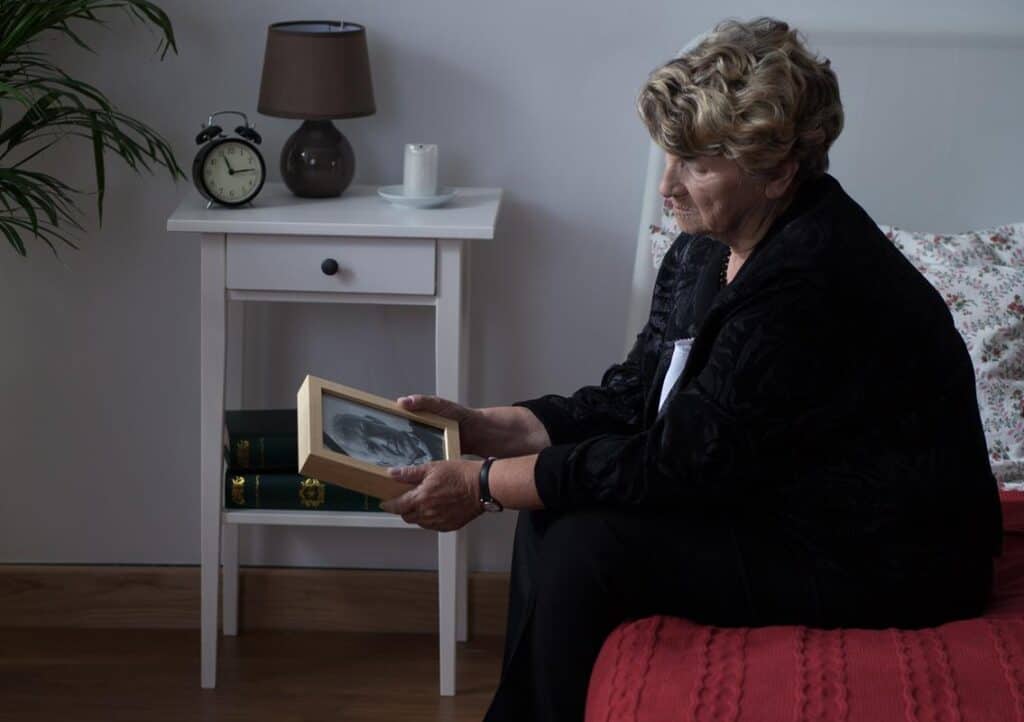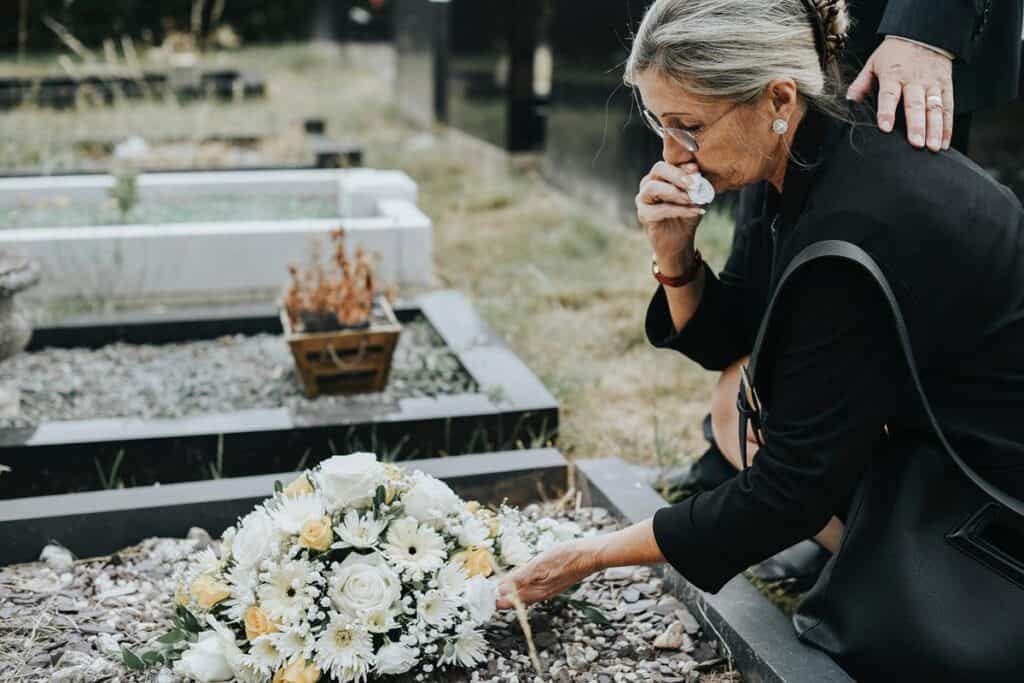Are you struggling with the loss of a loved one?
The heartache experienced by losing someone or something that you love can be incredibly painful and may seem impossible to cope with. However, talking about your feelings and keeping the person’s memory alive can be immensely powerful in helping you through this process. You’re not alone.

Grief is a feeling of acute pain that accompanies loss. This is not limited to the loss of people but may also be experienced at the end of a relationship, the loss of a job, or the loss of health. Bereavement then refers to the state of loss that someone is in when someone close to them has died.
There is no timetable for the feelings of pain experienced after a loss, nor is it possible to avoid the pain altogether. In fact, any attempts to suppress or deny the grief are likely to prolong the process. For some people, grief is a short-term phenomenon (acute grief), but other individuals may experience prolonged grief, which may last months or years (complicated grief).
Many people expect to experience the five stages of grief outlined by psychiatrist Kübler-Ross (denial, anger, bargaining, depression, and acceptance). However, it is important to remember that while many people experience these stages, grief can also be highly individualised and unpredictable. The degree to which someone experiences grief during their bereavement may depend on the closeness of the relationship and the circumstances in which they died.
Symptoms
There is an overlap between the symptoms of grief and depression, including sadness, numbness, crying spells, loss of enjoyment, sleep issues, irritability or anger, lack of productivity or concentration, and loss of interest in eating or taking care of oneself. However, the symptoms of grief tend to lessen over time, even though they may be temporarily reactivated on anniversaries or during other reminders of the loss. For most bereaved people, symptoms lessen between six months and two years after the loss. However, if someone is experiencing prolonged or complicated grief, it may be necessary to seek professional help.

Treatment
If you are experiencing grief, it is important to look after your physical health by eating well, limiting alcohol consumption, and getting enough sleep and exercise. It is also important to talk about your loss and feelings with someone you trust, but it is also okay to ask for alone time if you need it. It can also be helpful to find ways of keeping a connection to the person who has died, such as looking at photos and telling stories about them. Allowing someone to process their grief at their own pace is important. However, if someone is having difficulty coping with a loss, it may be beneficial to seek professional help. Therapy can help an individual work through their grief by identifying emotions connected to the loss, helping them to become aware of the impact of the loss, and allowing them to explore how they’d like to live going forward.
For more information about grief and bereavement, please see the resources below.

References & Resources
HSE. (2022). Coping with Grief after Bereavement or Loss.
Retrieved from: https://www2.hse.ie/mental-health/life-situations-events/bereavement/coping-with-grief/
Irish Hospice Foundation. (2020). Types of Grief.
Retrieved from: https://hospicefoundation.ie/i-need-help/i-am-bereaved/types-of-grief/
Psychology Today. (2024). Bereavement.
Retrieved from: https://www.psychologytoday.com/ie/conditions/bereavement
Psychology Today. (2024). Grief.
Retrieved from: https://www.psychologytoday.com/ie/basics/grief
Helplines
ALONE – 0818 222 024
Aware – 1800 80 48 48
Bereavement Support Line (Irish Hospice Foundation) – 1800 80 70 77
Childline Ireland – 1800 66 66 66
Grow – 0818 474 474
Pieta House – 1800 247 247
Samaritans Ireland – 116 123
For more, see Mental Health Ireland helpline resources: https://www.mentalhealthireland.ie/get-support/